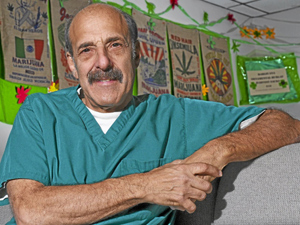From Sunil Aggarwal, MD, December 28, 2015
Oxylipins, endocannabinoids, and related compounds in human milk: levels and effects of storage conditions.
Abstract
The presence of fatty acid derived oxylipins, endocannabinoids and related compounds in human milk may be of importance to the infant. Presently, clinically relevant protocols for storing and handling human milk that minimize error and variability in oxylipin and endocannabinoid concentrations are lacking. In this study, we compared the individual and combined effects of the following storage conditions on the stability of these fatty acid metabolites in human milk: state (fresh or frozen), storage temperature (4°C, -20°C or -80°C), and duration (1day, 1 week or 3 months). Thirteen endocannabinoids and related compounds, as well as 37 oxylipins were analyzed simultaneously by liquid chromatography coupled to tandem mass spectrometry. Twelve endocannabinoids and related compounds (2-111nM) and 31 oxylipins (1.2 pM-1242nM) were detected, with highest levels being found for 2-arachidonoylglycerol and 17(R)-hydroxydocosahexaenoic acid, respectively. The concentrations of most endocannabinoid-related compounds and oxylipins were dependent on storage condition, and especially storage at 4°C introduced significant variability. Our findings suggest that human milk samples should be analyzed immediately after, or within one day of collection (if stored at 4°C). Storage at -80°C is required for long-term preservation, and storage at -20°C is acceptable for no more than one week. These findings provide a protocol for investigating the oxylipin and endocannabinoid metabolome in human milk, useful for future milk-related clinical studies.
Copyright © 2015. Published by Elsevier Inc.




